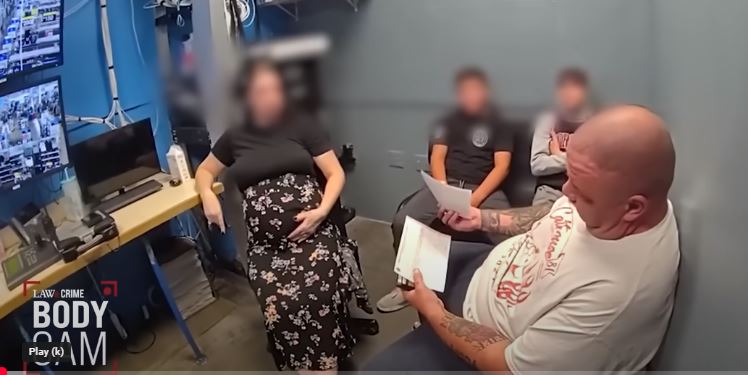Michigan teens can pre-register to vote With the next election season, Michigan Democrats passed a new law that allows 16-year-old high school students in the state to pre-register to vote. "Michigan led the nation in youth voter turnout in the 2022 elections and we...

Michigan House Bill 5450 of 2024
Step by Step
Michigan House Bill 5450 of 2024 is a bill that was introduced by Representative Sharon MacDonell on February 14, 2024.
The bill was referred to the House Committee on Education and was reported with a recommendation with a substitute on May 14, 2024. The bill was then referred to second reading. On November 13, 2024, the bill was passed by the House.
The bill is an act to amend 1976 PA 451, entitled “The revised school code,” by adding section 1313a. The bill requires the Department of Health and Human Services to develop and provide to the Department of Education an informational notice in English, Spanish, and Arabic containing information and best practices regarding the storage of firearms.
The notice must include an overview of the requirements under section 9 of 1927 PA 372, MCL 28.429, answers to frequently asked questions about firearm storage requirements, and guidance on where a parent or legal guardian can obtain gun locks and gun safes, including free or low-cost options.
The Department of Health and Human Services is also required to share the informational notice with all public schools and nonpublic schools.
The bill is currently in the Senate. If the bill is passed by the Senate, it will be sent to the Governor for signature. If the Governor signs the bill, it will become law.
Current Bill 11/13/24
Michigan firearms and bows laws
Other Articles
New laws in Michigan for 2024
What Are Your First Amendment Rights For Now
The Constitution of the United States is the supreme law of the United States of America for now. It superseded the Articles of Confederation, the nation's first constitution, in 1789. Originally comprising seven articles, it delineates the national frame and...
Whitmer signs bill stripping gun rights for non-violent offenders
Gov. Gretchen Whitmer proudly showcases a crucial bipartisan gun violence bill package that she recently signed into law, underscoring her unwavering dedication to safeguarding the lives of those vulnerable to domestic violence. This essential measure reflects the...
Appeals Court – Detroit’s Asset Forfeiture Violates Due Process
A federal circuit judge writes that Detroit's vehicle seizure scheme "is simply a money-making venture—one most often used to extort money from those who can least afford it." A panel of federal appellate judges ruled that Detroit's practice of seizing people's cars...













